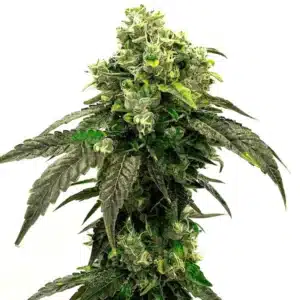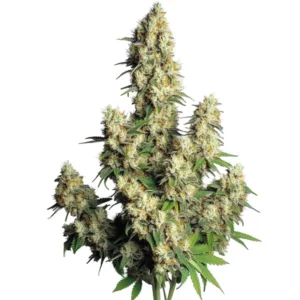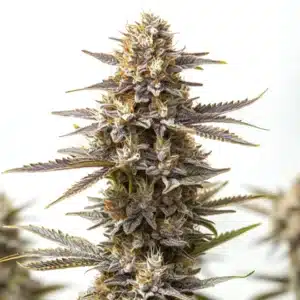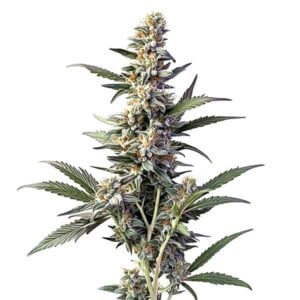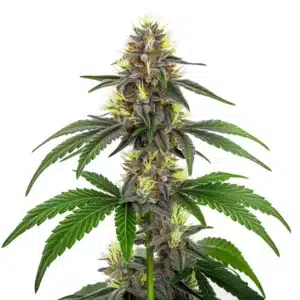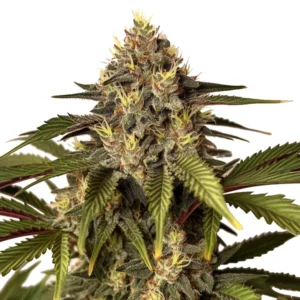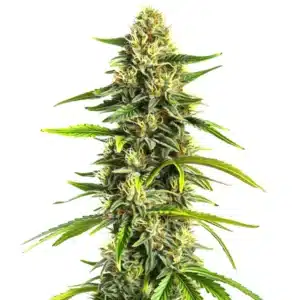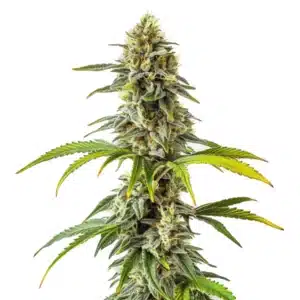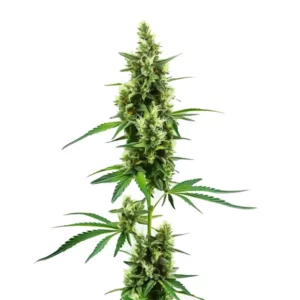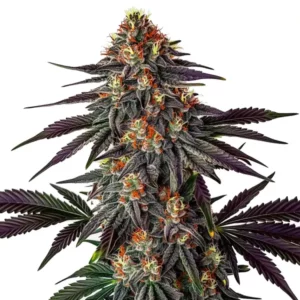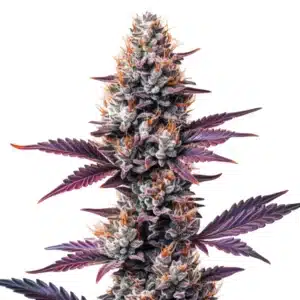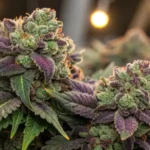
Cannabis Treatment for ALS: What’s Known
The Evolution of Cannabis in ALS Care
Traditional Natural Remedies and Their Influence
Ancient cultures valued natural herbs to support nervous system health. Historical records show that early healers used plant extracts, including cannabis, to alleviate pain and reduce muscle stiffness. These traditional remedies influenced later approaches to natural healing and paved the way for modern research into cannabis treatment for als. Many practices passed down through generations contributed to today’s interest in using natural products as supportive therapies.
Ancient herbalists prepared simple infusions and tinctures to calm the mind and ease physical discomfort. The use of cannabis in these traditional remedies laid a foundation for modern integrative approaches in ALS care. Natural healing methods provided a sense of relief and hope to those suffering from progressive conditions, inspiring contemporary investigations into cannabis treatment for als.
Recommended Strains
Hindu Kush
|
|
THC | 15% - 19% (Medium) |
|
|
Type | Feminized |
|
|
Yield | High |
|
|
Phenotype | 45% Indica / 55% Sativa |
Hindu Kush Autoflower
|
|
THC | 22% - 24% (Medium) |
|
|
Type | Autoflowering |
|
|
Yield | Medium |
|
|
Phenotype | 90% Indica / 10% Sativa |
Modern Patient-Focused Applications in ALS
Recent clinical settings now incorporate cannabis treatment for als to help manage symptoms such as spasticity and pain. Clinics report that patients may experience improved comfort and reduced inflammation when natural cannabinoids complement conventional treatments. This modern approach emphasizes individualized care, allowing practitioners to tailor natural therapies to meet each patient’s unique needs and support overall well-being.
Promos & Deals
Scientific Foundations of Cannabis in ALS Treatment
Neuroprotective Effects of Cannabinoids on ALS
Laboratory studies indicate that cannabinoids may protect nerve cells and reduce inflammation, key factors in ALS progression. Researchers suggest that cannabis treatment for als could slow nerve degeneration by modulating cellular signaling pathways. Early experimental data show that natural compounds might help stabilize motor functions and support neural health, offering promising adjunct support in ALS care when combined with standard therapies.
Studies using cell cultures and animal models have demonstrated that cannabinoids interact with brain receptors responsible for inflammation and oxidative stress. These neuroprotective effects support the potential benefits of cannabis treatment for als and provide a scientific rationale for its use as a complementary therapy. Researchers continue to evaluate these mechanisms to further refine treatment strategies.
Clinical Research Insights and Efficacy Data
Clinical trials have begun to explore the benefits of cannabis treatment for als in managing symptoms and enhancing quality of life. Initial studies report that patients using natural cannabis products sometimes experience reduced muscle cramps, pain, and improved mood. The gathered data indicate measurable effects, though results vary by patient and treatment regimen. Ongoing research seeks to optimize dosing and formulations for better outcomes in ALS care.
Some trials have shown that patients using cannabis treatment for als alongside standard care experience fewer side effects from conventional therapies. Data from these clinical investigations provide encouraging evidence that natural cannabinoids may offer symptomatic relief and improved daily functioning. Researchers analyze patient feedback, dosage levels, and safety metrics to establish effective treatment protocols.

Personalized Therapeutic Approaches for ALS
Integrative Treatment Strategies Combining Cannabis with Conventional Medicine
Many healthcare providers now integrate natural therapies into conventional ALS care. Cannabis treatment for als is used alongside medications like muscle relaxants and anti-inflammatory drugs to improve symptom control and patient comfort. This combined approach leverages the natural properties of cannabinoids to support nerve health and reduce discomfort. Clinicians encourage discussions between patients and care teams to safely incorporate natural therapies into comprehensive treatment plans.
Doctors who recommend cannabis treatment for als often tailor treatment regimens to individual needs. By combining natural products with standard treatments, patients may achieve a more balanced approach to managing symptoms. This integrative strategy aims to enhance the effectiveness of existing therapies and provide additional relief, thereby improving quality of life for those living with ALS.
Tailoring Dosage and Delivery for Individual ALS Needs
Personalized dosage and delivery methods are critical for effective cannabis treatment for als. Healthcare providers typically start with low doses and gradually adjust them based on patient response and tolerability. Options include oils, capsules, and vaporized extracts, each offering unique benefits depending on the patient’s condition. Tailored treatment plans ensure that natural therapies work in harmony with conventional care while minimizing potential side effects.
In practice, clinicians assess factors such as weight, symptom severity, and concurrent medications to customize cannabis treatment for als. Individualized plans help optimize therapeutic effects and maximize patient comfort. This careful calibration of dosage and delivery methods creates a safer, more effective natural therapy approach, ensuring that patients receive optimal support throughout their treatment journey.
Safety, Regulation, and Quality Assurance in ALS Cannabis Use
Legal Framework and Compliance Standards
Strict legal standards and compliance protocols govern the production and distribution of natural cannabis products. Regulatory agencies require that every product used for cannabis treatment for als undergo rigorous testing for purity, potency, and contaminants. Manufacturers must follow detailed guidelines during cultivation, extraction, and packaging to ensure product safety. These measures build consumer trust and ensure that natural therapies meet the highest quality benchmarks.
Compliance with legal requirements guarantees that only high-quality natural products reach patients. Certification processes, periodic audits, and transparent labeling practices are essential components of the regulatory framework. These protocols support safe and effective use of cannabis treatment for als, providing both patients and healthcare providers with confidence in natural therapies as part of integrated care.
Best Practices for Safe Consumption and Product Handling
Adhering to best practices is vital when using natural cannabis products for ALS. Patients must follow recommended dosages, store products in cool, dry environments, and avoid exposure to excessive light to maintain potency. Clear instructions on product handling help minimize risks and ensure consistent therapeutic effects. Healthcare providers stress the importance of using products from reputable sources with verified lab results to support safe consumption.
Proper product handling and consumption guidelines are communicated to patients through detailed instructions and consultations. These practices help preserve the quality and efficacy of cannabis treatment for als over time. By following safe handling protocols, patients can experience reliable benefits from natural therapies without compromising safety or effectiveness.
Innovations and Collaborative Developments in ALS Cannabis Therapy
Advances in Product Formulation and Delivery Technologies
Innovative product formulation is transforming natural therapies for ALS. Researchers and manufacturers work together to develop advanced extraction techniques that produce high-quality cannabis treatment for als. New delivery technologies, including controlled-release capsules and optimized vaporization devices, enhance bioavailability and ensure consistent dosing. These innovations improve the reliability and effectiveness of natural therapies, offering measurable benefits to patients.
Recent advancements focus on achieving precise cannabinoid ratios and stable product formulations. Enhanced extraction methods preserve the natural properties of cannabis, while innovative delivery systems maximize absorption and minimize waste. These technological improvements contribute to safer, more effective natural therapies that integrate seamlessly with conventional ALS care, meeting patient needs more consistently.
Collaborative Research and Clinical Implementation Initiatives
Collaboration among researchers, clinicians, and industry experts drives progress in natural cannabis therapies for ALS. Joint research initiatives and clinical trials focus on optimizing dosing protocols, refining product formulations, and establishing safety profiles. These partnerships facilitate data sharing and accelerate the integration of cannabis treatment for als into mainstream ALS care. Stakeholders work together to implement clinical strategies that ensure safe and effective use of natural therapies.
Multidisciplinary collaborations involve oncologists, neurologists, pharmacologists, and cannabis specialists. These teams develop robust clinical protocols that evaluate patient outcomes and continuously improve treatment approaches. By pooling expertise and resources, collaborative research initiatives provide a solid foundation for integrating natural therapies into comprehensive ALS care plans, enhancing overall patient well-being through coordinated efforts.
Additional Insights on Cannabis Treatment for ALS
Additional insights on cannabis treatment for als arise from continuous research and market feedback. Advanced analytical methods now enable precise measurement of cannabinoid profiles, ensuring consistent product quality. Healthcare providers rely on the latest research findings to fine-tune integrative treatment strategies, making natural therapies a viable adjunct to conventional care. Consumer feedback and clinical data both contribute to a clearer picture of how natural products may support symptom management in ALS.
Market trends indicate growing interest in high-quality natural products for ALS care. Manufacturers invest in sustainable cultivation and advanced extraction methods to meet strict safety standards. As more data become available, the efficacy of cannabis treatment for als gains further support. These insights reinforce the potential benefits of natural therapies in providing reliable, supportive care for patients with ALS.
Practical Considerations for Integrating Cannabis Treatment for ALS
Patient selection is a critical step when considering cannabis treatment for als. Healthcare providers evaluate each patient’s overall health, disease stage, and current treatment plan before recommending natural therapies. Individual assessments ensure that only those who may benefit from cannabis treatment for als receive it, thereby optimizing symptom management and enhancing quality of life without interfering with primary treatments.
Integrating natural therapies into overall ALS care requires a collaborative approach. Oncologists, neurologists, nutritionists, and supportive care specialists work together to design comprehensive treatment plans. Regular monitoring and dosage adjustments ensure that cannabis treatment for als remains safe and effective over time. This coordinated effort helps provide balanced support, addressing both physical symptoms and emotional well-being in a personalized manner.
Current Research and Perspectives in Cannabis Treatment for ALS
Ongoing research into natural therapies for ALS focuses on evaluating how cannabinoids influence nerve cell health and reduce inflammation. Scientists conduct controlled laboratory experiments and early-phase clinical trials to assess the potential benefits of cannabis treatment for als. These studies measure key indicators such as spasticity, muscle function, and patient-reported comfort levels, offering promising data that support the adjunctive use of natural therapies in ALS care.
Clinical perspectives continue to evolve as rigorous trials yield new insights into optimal dosing, formulation, and delivery methods. Healthcare providers incorporate the latest research findings into their treatment protocols, ensuring that cannabis treatment for als complements conventional care. Detailed studies on safety, efficacy, and long-term outcomes guide clinicians in developing integrative strategies that offer measurable improvements in patient quality of life.
Additional Research Insights on Cannabis Treatment for ALS
Additional research highlights further the potential of natural cannabinoids in supporting ALS care. Advanced studies use modern analytical techniques to pinpoint effective cannabinoid ratios and assess product consistency. Feedback from clinical trials suggests that some patients experience modest improvements in muscle control and reduced discomfort when natural therapies are added to their regimen. These insights support continued investigation into cannabis treatment for als as a valuable adjunct in comprehensive care.
Ongoing data collection and analysis contribute to a better understanding of the therapeutic mechanisms behind natural cannabis products. Researchers are refining extraction methods and dosage protocols to optimize treatment outcomes. These additional research insights are essential for developing more effective integrative care plans, providing patients with reliable natural support to manage the progressive challenges of ALS.
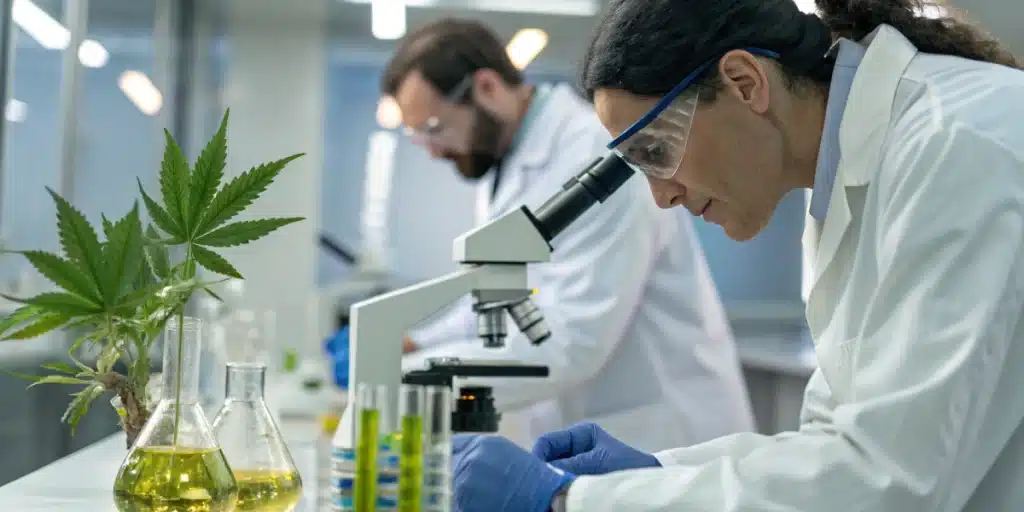
FAQs about cannabis treatment for als
What benefits does cannabis treatment for als offer?
Cannabis treatment for als may help reduce muscle spasticity, alleviate pain, and lower inflammation, contributing to improved overall comfort. Clinical studies indicate that natural cannabinoids can support nerve health and may slow symptom progression when used alongside standard treatments. Many patients report enhanced quality of life and greater physical ease, making this natural therapy a valuable addition to conventional ALS care plans for ongoing supportive benefits.
How do experts determine the optimal use of cannabis treatment for als?
Experts determine the optimal use of cannabis treatment for als by evaluating cannabinoid profiles, reviewing clinical trial data, and monitoring patient responses over time. They consider product quality, safety standards, and individual health factors to recommend personalized dosages and delivery methods. This careful evaluation ensures that natural therapies complement conventional treatments effectively, providing measurable support that alleviates symptoms and improves daily functioning in patients with ALS.
What safety protocols are followed when using cannabis treatment for als?
Healthcare providers enforce rigorous safety protocols for cannabis treatment for als, including comprehensive laboratory testing for purity, potency, and contaminants. Regulatory agencies require strict compliance with quality control standards, while clinicians provide detailed dosing instructions and usage recommendations. These protocols ensure that natural cannabis products remain safe and effective as supportive therapies, protecting patient health and offering reliable, controlled benefits alongside standard ALS treatments.


